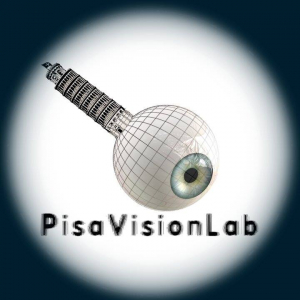2016
Vercillo, T., Burr, D. & Gori, M. (2016).
Early visual deprivation severely compromises the auditory sense of space in congenitally blind children, Dev Psychol, 6 (52), 847-853.
A recent study has shown that congenitally blind adults, who have never had visual experience, are impaired on an auditory spatial bisection task (Gori, Sandini, Martinoli, & Burr, 2014). In this study we investigated how thresholds for auditory spatial bisection and auditory discrimination develop with age in sighted and congenitally blind children (9 to 14 years old). Children performed 2 spatial tasks (minimum audible angle and space bisection) and 1 temporal task (temporal bisection). There was no impairment in the temporal task for blind children but, like adults, they showed severely compromised thresholds for spatial bisection. Interestingly, the blind children also showed lower precision in judging minimum audible angle. These results confirm the adult study and go on to suggest that even simpler auditory spatial tasks are compromised in children, and that this capacity recovers over time.
